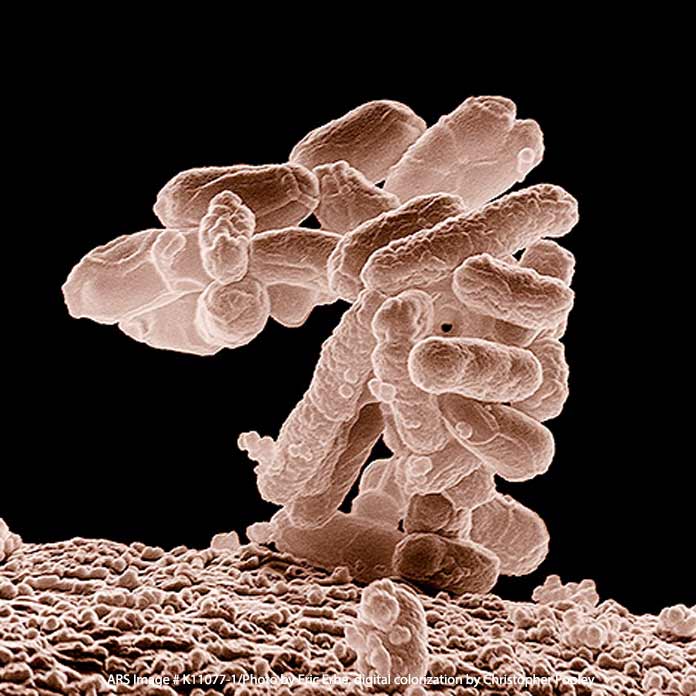Pho 75, an Aurora, Colorado restaurant, may be the focus of an E. coli O157:H7 outbreak that has sickened at least 4 people, according to Fox31 Denver. The restaurant is located at 2050 South Havana Street in Aurora. The investigation into the outbreak is ongoing.

Even one bite of food contaminated with E. coli O157:H7 can kill someone because these bacteria produce dangerous Shiga toxins. These toxins are poison to the human body. If they enter the blood system, they can travel to the kidneys and cause them to fail. This, in turn, can cause pancreatitis, heart failure, brain damage and death. This kidney damage is called hemolytic uremic syndrome (HUS).
One of the four patients, a 14-year-old boy who ate at Pho 75 on May 24, is in the hospital. According to Fox31 Denver, he has been in the intensive care unit with HUS and pancreatitis since June 1. He has just been able to start eating solid food. This young man could have died.
As a law firm that represents families whose children were sickened by contaminated food, we believe it is important for the public to understand the severity of E. coli poisoning, and for the public to insist on transparency in outbreak investigations. Businesses that sell contaminated food need to be held accountable.
According to health inspection records posted at the Tri-County Health Department (covering Adams, Arapahoe and Douglas Counties in Colorado), Pho Restaurant has, in the past, had health violations. An inspection at the restaurant on March 24, 2016 uncovered several violations, four of them critical. A follow-up investigation on March 31, 2016 found no violations. The results of any inspections done in conjunction with the outbreak investigation should also be made public. We did not see them on the site as of today.
Symptoms of an E. coli Infection and HUS
Because children are at higher risk of severe illness from E. coli bacteria, every parent should know the symptoms of infection, which include severe abdominal cramps, diarrhea that may be bloody and/or watery, a mild fever, and vomiting. There may be no fever or vomiting. If your child has bloody diarrhea, the CDC recommends seeking medical attention.
In addition, the CDC recommends not giving a child antibiotics if the illness is caused by Shiga-toxin producing E. coli (referred to as STEC) bacteria, including O157, because it may increase the risk of developing hemolytic uremic syndrome (HUS):
“Antibiotics are not recommended for patients with suspected STEC infections until complete diagnostic testing can be performed and STEC infection is ruled out. Some studies have shown that administering antibiotics to patients with STEC infections might increase their risk of developing HUS, and a benefit of treatment has not been clearly demonstrated. Features of HUS include low platelet count, anemia due to broken blood cells, and kidney failure.”
In some cases, HUS develops very quickly. The symptoms of HUS include little to no urine output, lethargy, jaundice, easy bruising, bleeding from the nose and mouth, and a skin rash. Anyone experiencing these symptoms needs to see a doctor immediately. This is so, so important. Every hour can matter.